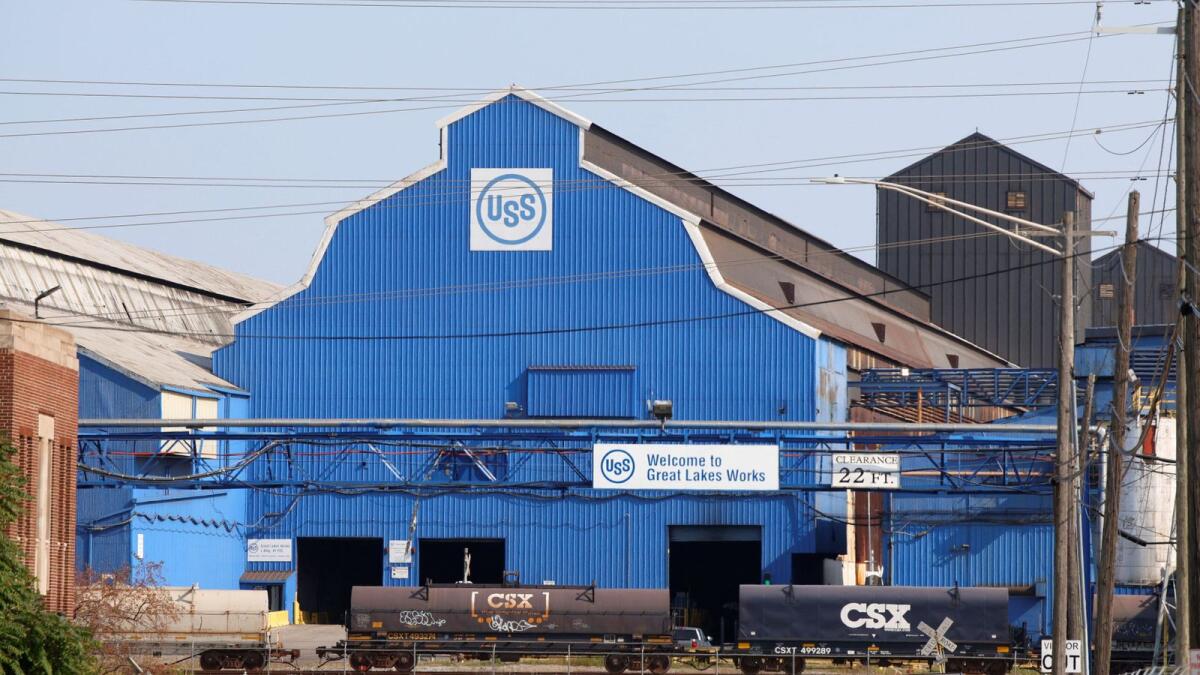The US national security panel reviewing Nippon Steel’s $14.9 billion bid for US Steel has allowed the companies to refile their application for approval, delaying a decision until after the November 5 presidential election. The original transaction was deemed to pose a risk to national security by threatening the steel supply chain for critical US industries. CFIUS needs more time to understand the deal’s impact and engage with the parties, setting a new 90-day review period.
The review process is expected to take close to the full 90 days, with Nippon Steel reported to have refiled their application for the US Steel acquisition plan. This move takes some pressure off the parties and pushes the decision past the election, a politically sensitive time for the deal. Both Vice President Kamala Harris and President Joe Biden have expressed their desire for US Steel to remain ‘American owned and operated,’ while Donald Trump has pledged to block the deal if elected, aiming to secure union votes.
The deal remains a contentious issue with the United Steelworkers Union opposing it, citing national security risks and concerns about the critical supply chain. Regardless of the CFIUS review, Nippon Steel still needs to reach an agreement with the United Steelworkers for the deal to proceed. The decision to postpone until after the US elections may reduce political tensions, but approval is not guaranteed.
Nippon Steel’s proposed merger with US Steel is closely watched in Japan, the US’s biggest foreign investor, as it strengthens economic relations between the two countries. The deal is essential for mutual investment and continued collaboration. Nippon Steel shares were up in Tokyo trading, indicating investor interest in the outcome of the deal.
CFIUS has expressed concerns that the merger could impact the critical supply of steel for transportation, construction, and agriculture projects. It also cited a global glut of cheap Chinese steel and potential reductions in domestic steel production capacity under Nippon Steel ownership. In response, Nippon Steel has pledged to invest billions in US Steel facilities, maintaining and potentially increasing domestic steelmaking capacity.
The company has also promised not to transfer production capacity or jobs outside the US and to respect US Steel’s decisions on trade matters, ensuring no interference in trade measures against unfair practices. Nippon Steel believes the deal will create a stronger global competitor to China, grounded in the close relationship between the US and Japan. The process of refiling applications for CFIUS review is common, giving companies time to address concerns and enhance the likelihood of approval.










